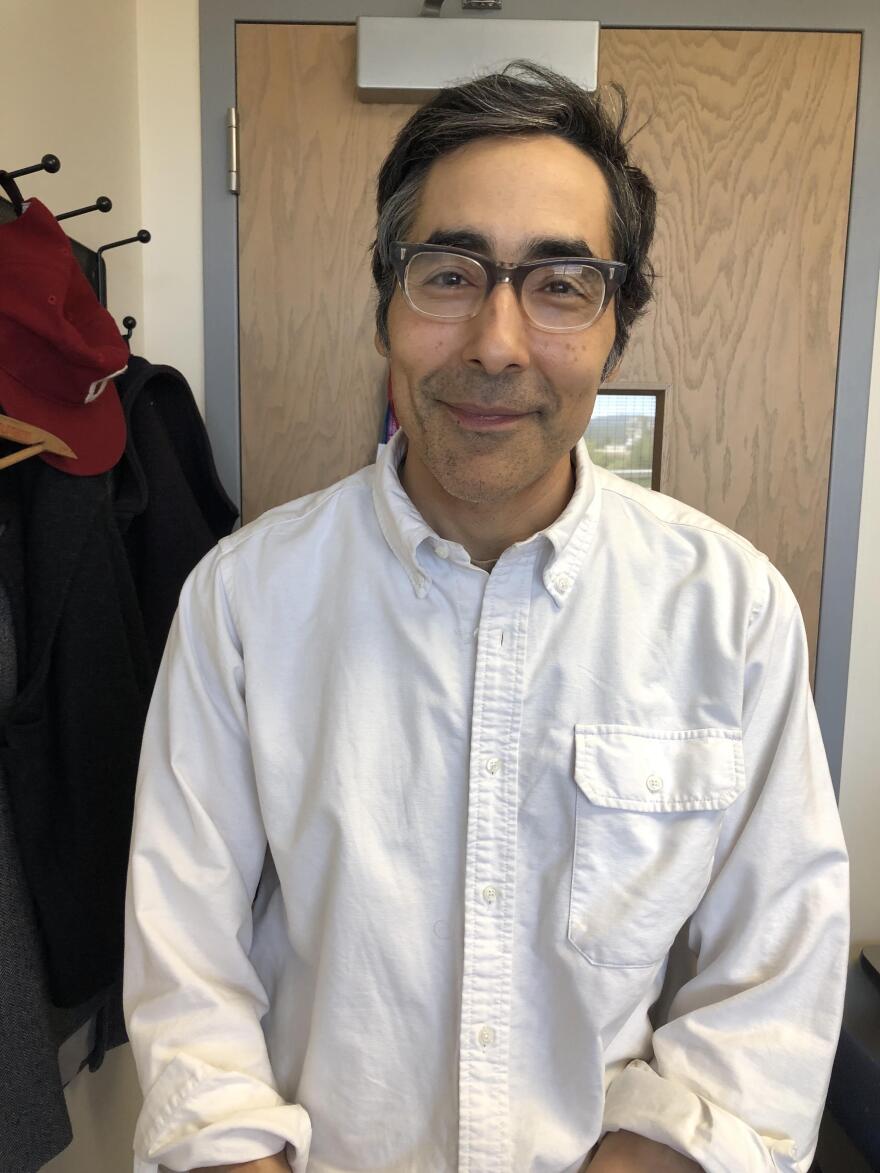Washington State University researchers say people in low-income neighborhoods are more likely to die early — that is, younger than 65 — than people who live in more affluent neighborhoods.
Dr. Pablo Monsivais and his team examine health disparities between people in different segments of society. In this case, they were interested in why some people die earlier than others.
“We have a hypothesis that those early deaths or premature deaths would be happening more often in people who are coming from poor communities in Washington state and also people of color," Monsivais said.
So they studied the records of everyone who died in Washington between 2011 and 2015, a quarter of a million people. They considered factors such as where these people lived, their racial classifications and the economic conditions of their neighborhoods. They found that blacks, Native Americans, Alaska Natives and people with low incomes were likelier to die younger than whites.
These results are hardly earth shattering, something Monsivais concedes, but are still important.
“A first step in a lot of the science that we do is to measure the condition and if you don’t measure it, it’s hard to have a target that then you can work toward. So we’re interested in trying to close those gaps and part of that is through what people call Public Health 3.0, which is efforts we take as a community to improve the conditions of life that are ultimately driving health," he said.
Conditions such as the neighborhoods people live in, employment opportunities, the quality of their housing and the health care available to them.
Monsivais says his research team will next dig deeper into some of the specifics and start looking for answers to reduce disparities between different groups.

